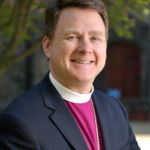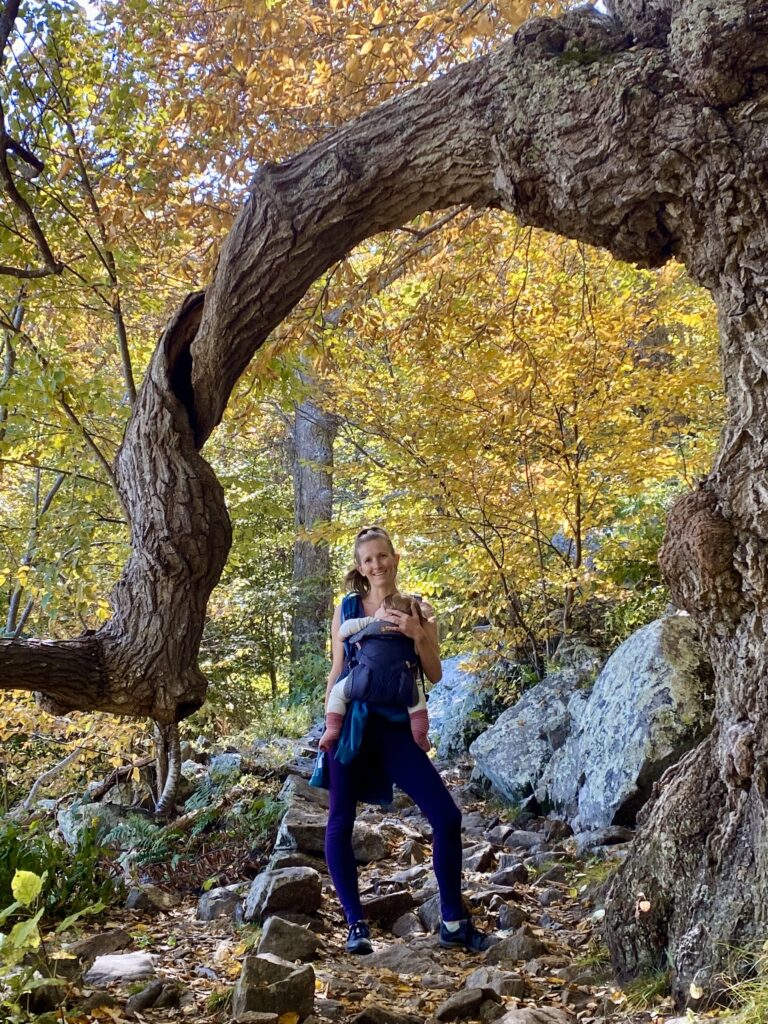
Intersectional Environmentalism:
Recognizing Disproportional Impact
“Intersectional environmentalism recognizes that various forms of oppression, discrimination, and marginalization intersect — and compound — causing some communities to be impacted disproportionately compared to others.
The best we can do is find a way to live our values. When I look closely at my own values, I find many points of intersection. I wonder if the same is true for you. Looking at our “lists” more holistically might allow us to live more authentically and feel more confident in and proud of our choices.” — Britta Cordrey
by Britta Cordrey
For decades scientists, government officials, activists, and a wide range of politicians have urged that climate change be addressed. However, tackling the issue can be an overwhelming task. With so many other pressing issues, it can be easy to push climate change to the back of our minds. The immediacy of our community’s well-being, global poverty, war, and human hardship all vie for resources and attention.
In our own lives, we all have a long list of values we want to live by and ways we want to help, but there is never enough time in the day so we must make choices. We often have to wrestle with those choices and decide which is the “correct” answer. But as we know, there is rarely one easy, cut-and-dry, no-exceptions answer — perspective matters. The best we can do is find a way to live our values. When I look closely at my own values, I find many points of intersection. I wonder if the same is true for you. Looking at our “lists” more holistically might allow us to live more authentically and feel more confident in and proud of our choices.
When looking at my personal values as a whole, the framework that speaks to me most is Intersectional Environmentalism. This mindset highlights how 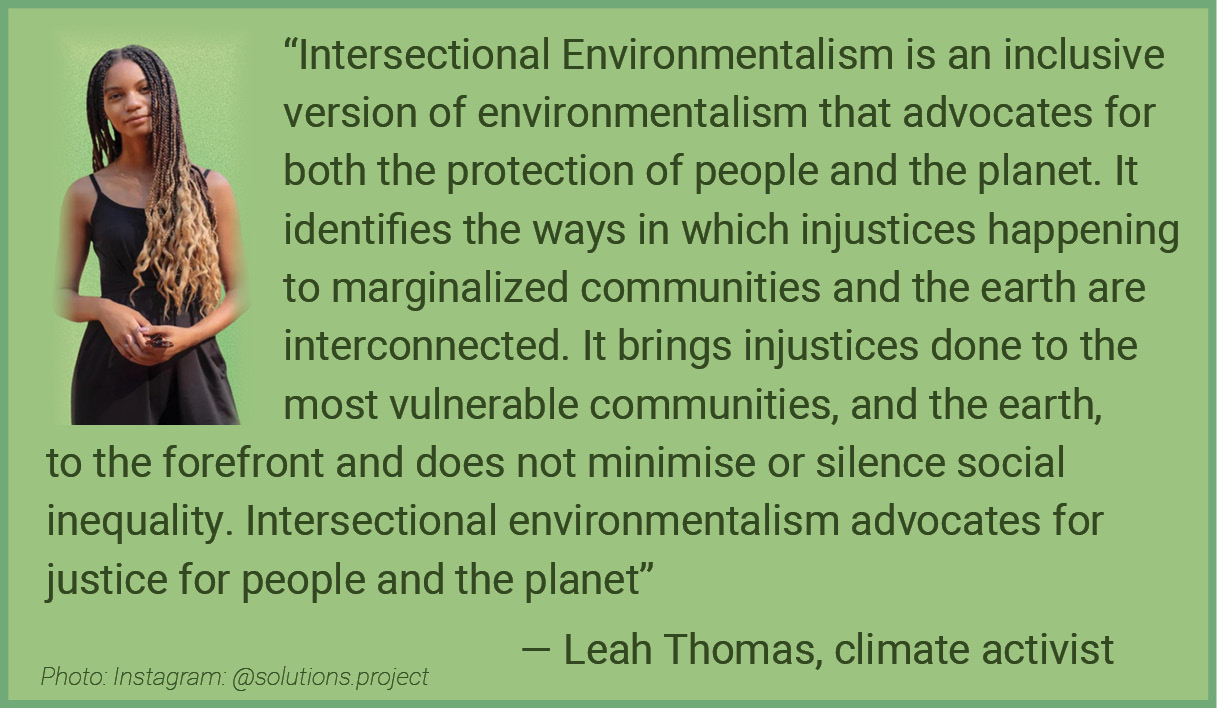 race, gender, socioeconomic status, and where people live affect how they interact with the environment and how they are affected by natural disasters and climate change. Intersectional environmentalism recognizes that various forms of oppression, discrimination, and marginalization intersect — and compound — causing some communities to be impacted disproportionately compared to others. This framework also highlights the importance of collaborating, and it calls for groups to align toward a common goal to strengthen their collective impact.
race, gender, socioeconomic status, and where people live affect how they interact with the environment and how they are affected by natural disasters and climate change. Intersectional environmentalism recognizes that various forms of oppression, discrimination, and marginalization intersect — and compound — causing some communities to be impacted disproportionately compared to others. This framework also highlights the importance of collaborating, and it calls for groups to align toward a common goal to strengthen their collective impact.
Environmental protection is high on my list of priorities in my day-to-day life. People hear that and usually have a mix of responses. Some people may be focused on other pressing social justice issues; or they believe that they can’t make a difference, which can dampen their motivation. Still others want to do more, but don’t know how. These are valid concerns, so I want to share some ideas and starting points for us to consider about our impact on the future of the environment and the shared life we live on this planet.
If you are focused on other pressing social justice issues…
Me too! All people deserve clean food, air, and water. Historically, marginalized communities, including people of color, indigenous peoples, low-income populations, and others are disproportionately affected by environmental harm. Pollution, toxic waste dumping, and climate change-induced disasters can disproportionately impact these communities that often lack the resources and political power to mitigate environmental burdens. A well-documented example is Hurricane Katrina. The majority of damage was predominantly in Black neighborhoods. Still, the relief for those hardest-hit communities was inadequate and slower than the relief given to predominantly white and higher-income neighborhoods. On a global scale, the countries with the smaller carbon footprint generally suffer the worst air, land, and water quality because other countries dump their waste in these locations.
Focusing on environmental issues does not mean you are neglecting people in need. Often these issues are closely linked.
If you feel like you can’t make a difference…We are stronger together! We live in a capitalist society; our money speaks. What are you supporting and encouraging more production of with your purchases? What is your church supporting with their purchases? What waste is being produced that could be reduced? Take a few minutes to think about the following categories and how your church could make a difference:
- Create a Creation Care team at your church
- Reduce greenhouse gas emissions by using less energy, adjusting the thermostat, turning off lights, unplugging appliances, carpooling, etc.
- Buy less; buy better
- Less packaging, already used
- Avoid single-use items
- Start by simply evaluating the waste produced from coffee hour. How could you work to produce less waste?
- Plant more native plants
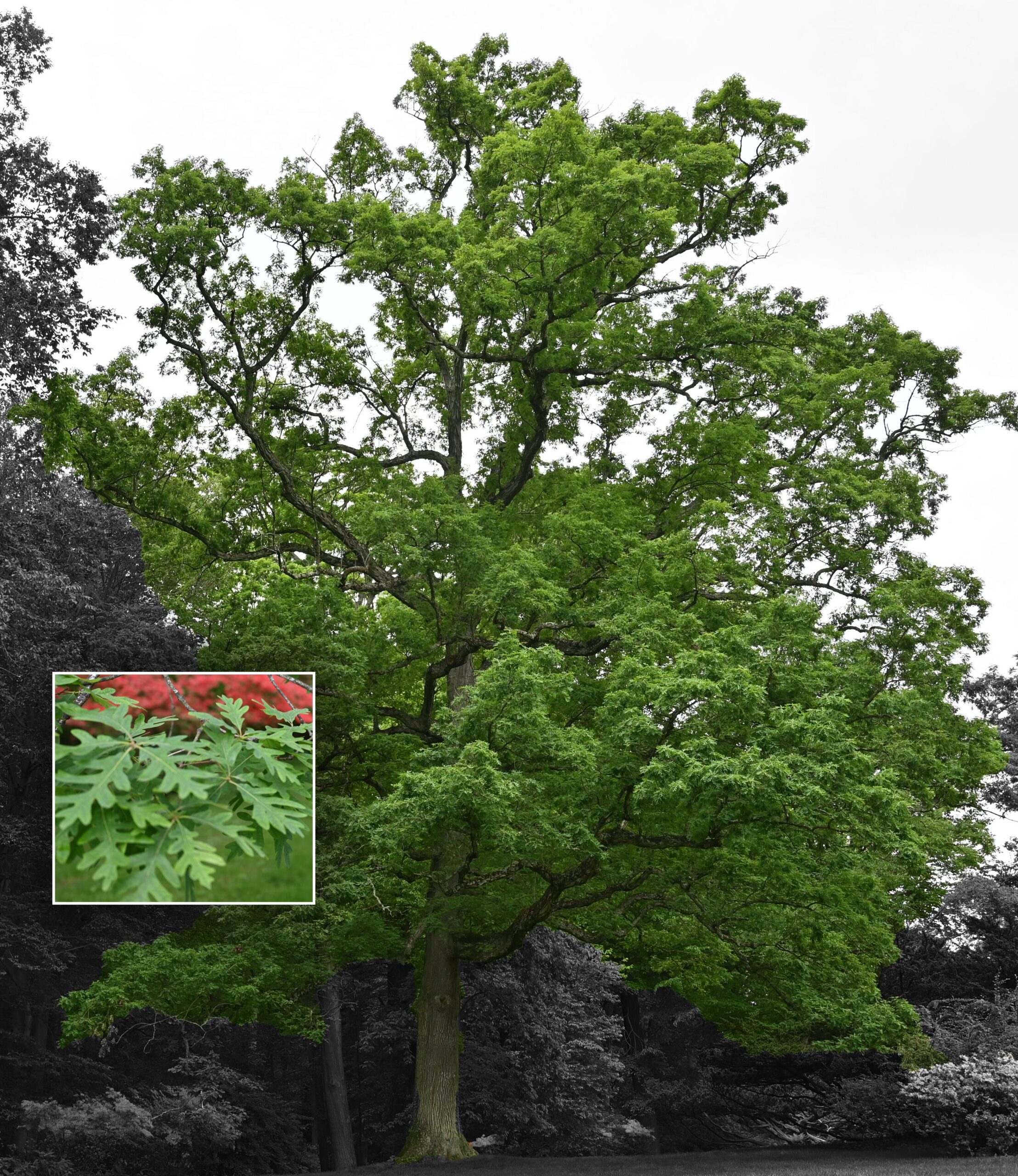
Oak trees support more species than any other tree in North America. 2,300 wildlife species depend on them. - Trees reduce greenhouse gases and support wildlife diversity.
- Remove invasive plants and trees
Corporations indeed need to own their share of the burden, and most are not doing so. That does not mean we are off the hook from doing our part. Together we can model and inspire other large organizations to make positive and lasting change.
If you want to do more but don’t know where to start…
Don’t feel like you have to do it all. I think the best place to start is by falling back in love with nature. It is hard to care for and about something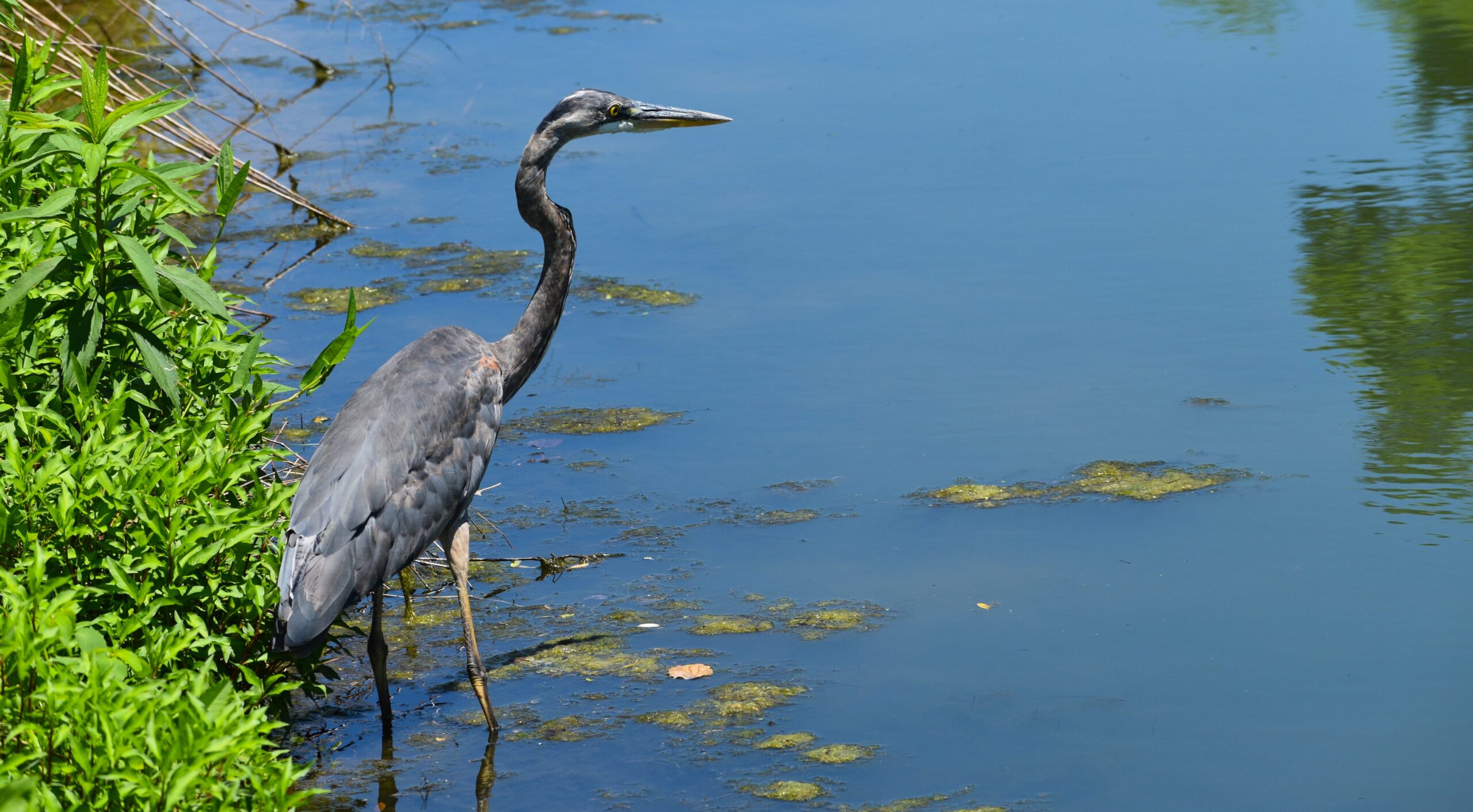 removed from your everyday life. Maybe it can be as simple as spending more time in nature — picnics outside, growing a garden or new plant, visiting a new park, etc. Or, choose a medium you enjoy and commit to sprinkling in some nature-based episodes. My favorite books have been Finding the Mother Tree, A Walk in The Woods, and Braiding Sweetgrass (all available through the Delaware Libraries and on the Libby app). For documentaries, think anything with David Attenborough. After that, move into more in-depth climate change and environmental protection stories.
removed from your everyday life. Maybe it can be as simple as spending more time in nature — picnics outside, growing a garden or new plant, visiting a new park, etc. Or, choose a medium you enjoy and commit to sprinkling in some nature-based episodes. My favorite books have been Finding the Mother Tree, A Walk in The Woods, and Braiding Sweetgrass (all available through the Delaware Libraries and on the Libby app). For documentaries, think anything with David Attenborough. After that, move into more in-depth climate change and environmental protection stories.
The next step is to just start taking notice. How much waste are you producing each day? Are you using resources (gas, electricity, etc.) unnecessarily? When something in your house or at church is running low, do some research to see if there is a more sustainable option. Start to learn about greenwashing and how to spot false environmentalism. Once you start to see ways to change, it will start to snowball into bigger and bigger changes.
As you move forward in your creation care journey, I encourage you to reflect on your values and think about how your priorities intersect. Think about what changes you will start making in your daily life and what changes you want to encourage your community to make. How can you help your church become more conscious of how our choices impact the community and the environment?
To learn more, you can sign up for the Creation Care newsletter, but don’t let your support end there. Individually and collectively we can make a difference, in ways both large and small, that will carry our impact far beyond our own communities.

Britta Cordrey lives in Sussex County with her husband and two kids. She has a master’s degree in STEAM education and was a high school environmental science teacher for 10 years. Currently, she travels and coaches teachers on implementing new science and math curricula. At home, she spends most of her time instilling a love of nature in her two kids through hikes, beach trips, picnics, books and gardening.




